 Columbia University has announced a new Dual Degree Program between Tel Aviv University and Columbia University, which will complement Columbia’s ongoing successful Dual BA Programs with Sciences Po in France, now in its ninth year, and with Trinity College Dublin, now in its second year.
Columbia University has announced a new Dual Degree Program between Tel Aviv University and Columbia University, which will complement Columbia’s ongoing successful Dual BA Programs with Sciences Po in France, now in its ninth year, and with Trinity College Dublin, now in its second year.
Students enrolled in the Dual Degree Program between Tel Aviv University and Columbia University will begin their college educations in one of six academic tracks in Israel, where they undertake the intensive undergraduate curriculum at TAU, one of Israel’s most distinguished institutions of higher education. After two years in Tel Aviv, students matriculate at Columbia, where they will complete the requirements for a major and fulfill the Columbia Core Curriculum. Upon completion of the Program, students will graduate with two bachelor’s degrees: one from Tel Aviv University and another Columbia University.
Students may apply using an online application by February 3, 2020, for fall 2020 enrollment. For admissions requirements please visit the Program website. Students interested in starting the program in Fall 2020 should apply using an online application by February 3, 2020. For admissions requirements please visit the Program website.
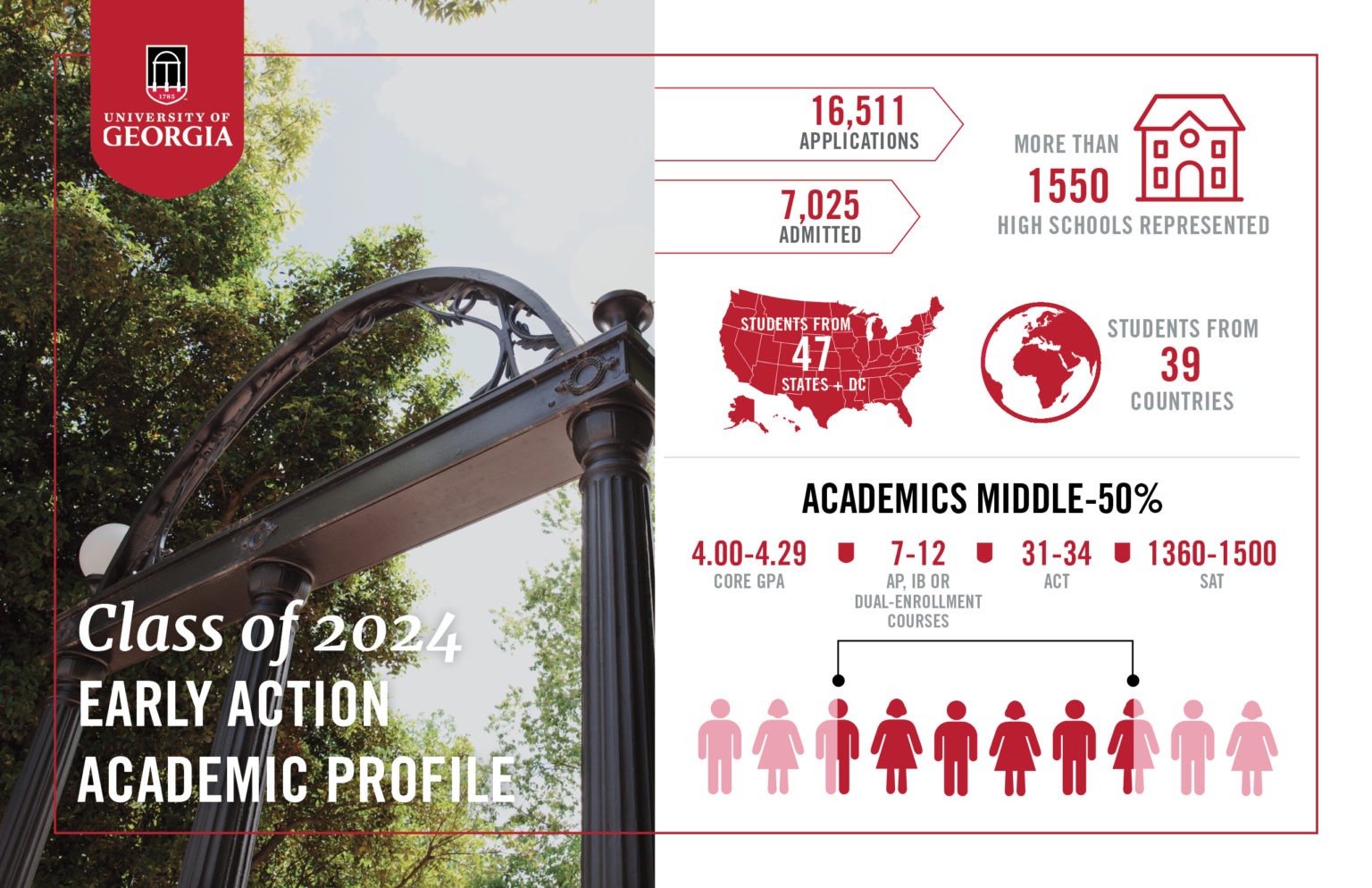 So, all in, there were 7,025 admits, approximately 6,800 deferred, roughly 2,100 denied, and slightly over 300 incomplete.
So, all in, there were 7,025 admits, approximately 6,800 deferred, roughly 2,100 denied, and slightly over 300 incomplete.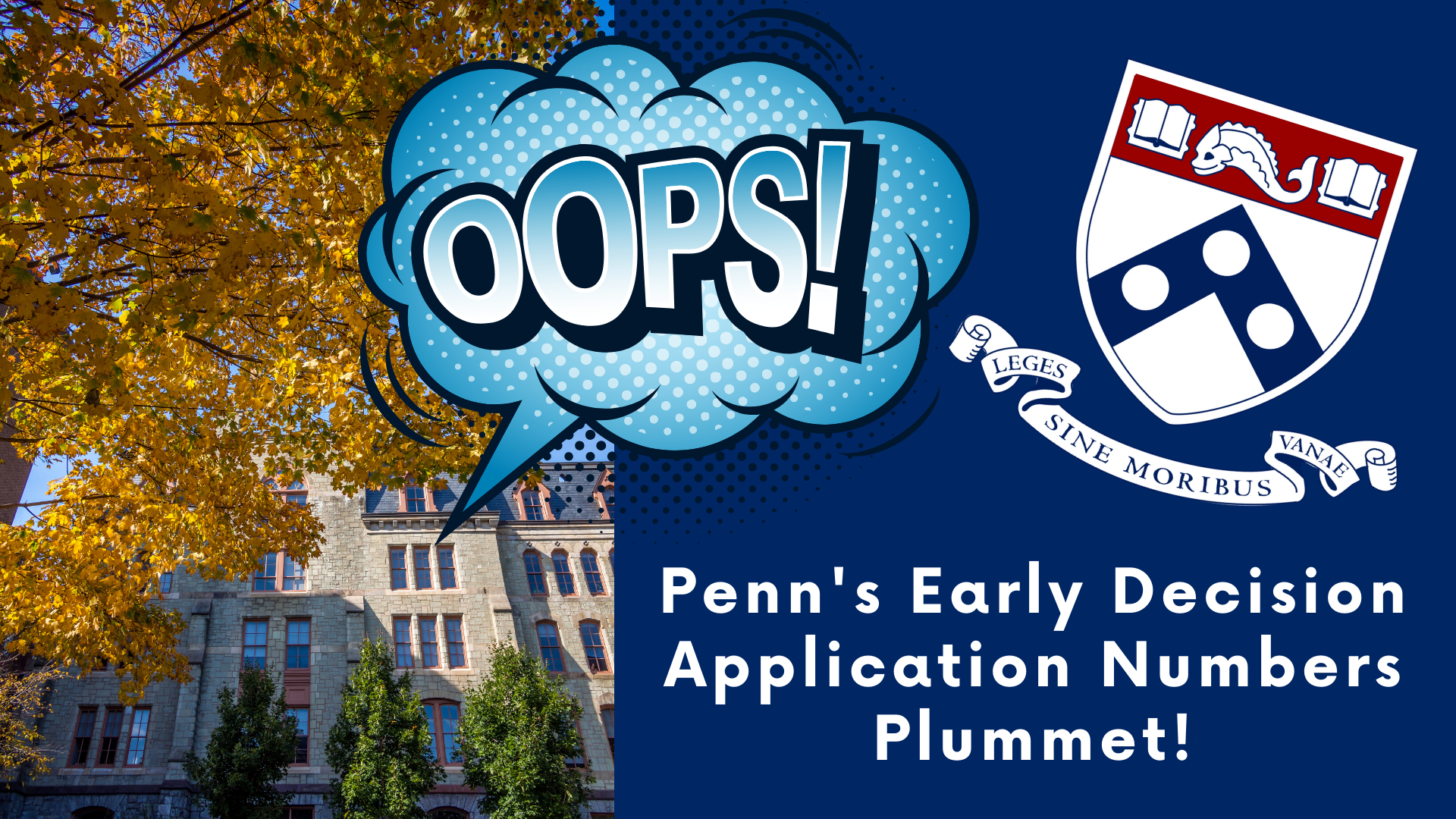
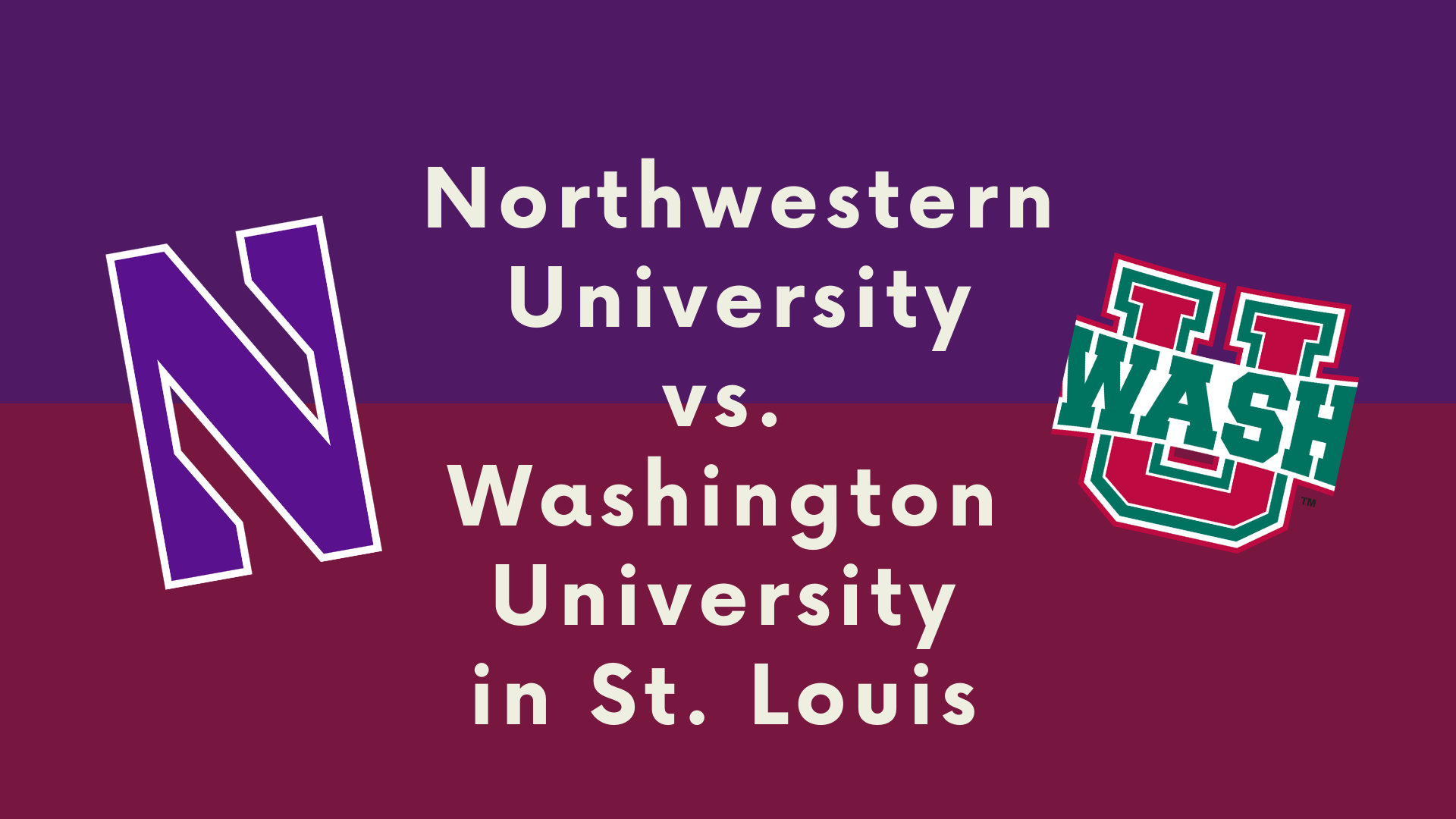 If you only have one more spot to fill on your college list and it comes down to Northwestern University or Washington University in St. Louis, here are the factors you should consider before making the final cut.
If you only have one more spot to fill on your college list and it comes down to Northwestern University or Washington University in St. Louis, here are the factors you should consider before making the final cut.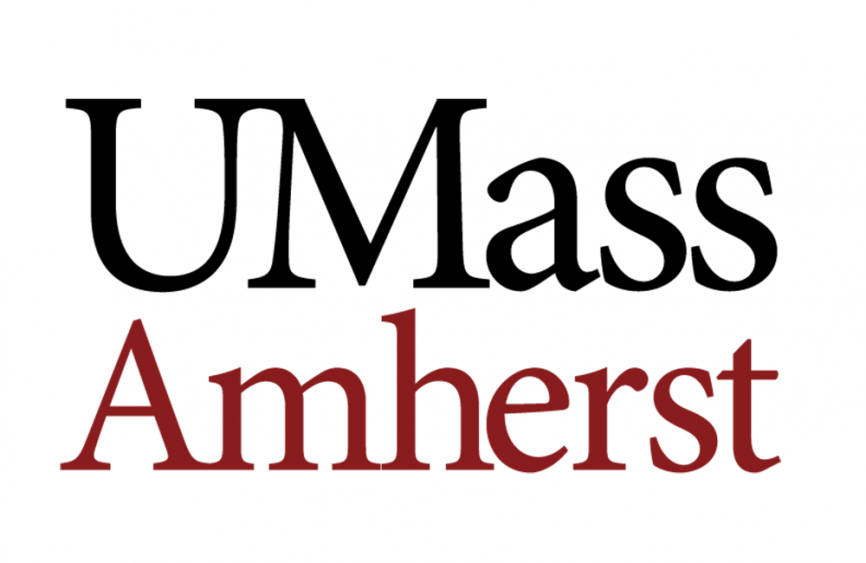 University of Massachusetts Amherst has announced a significant change in what types of responses applicants could receive when applying Early Action (EA).
University of Massachusetts Amherst has announced a significant change in what types of responses applicants could receive when applying Early Action (EA).
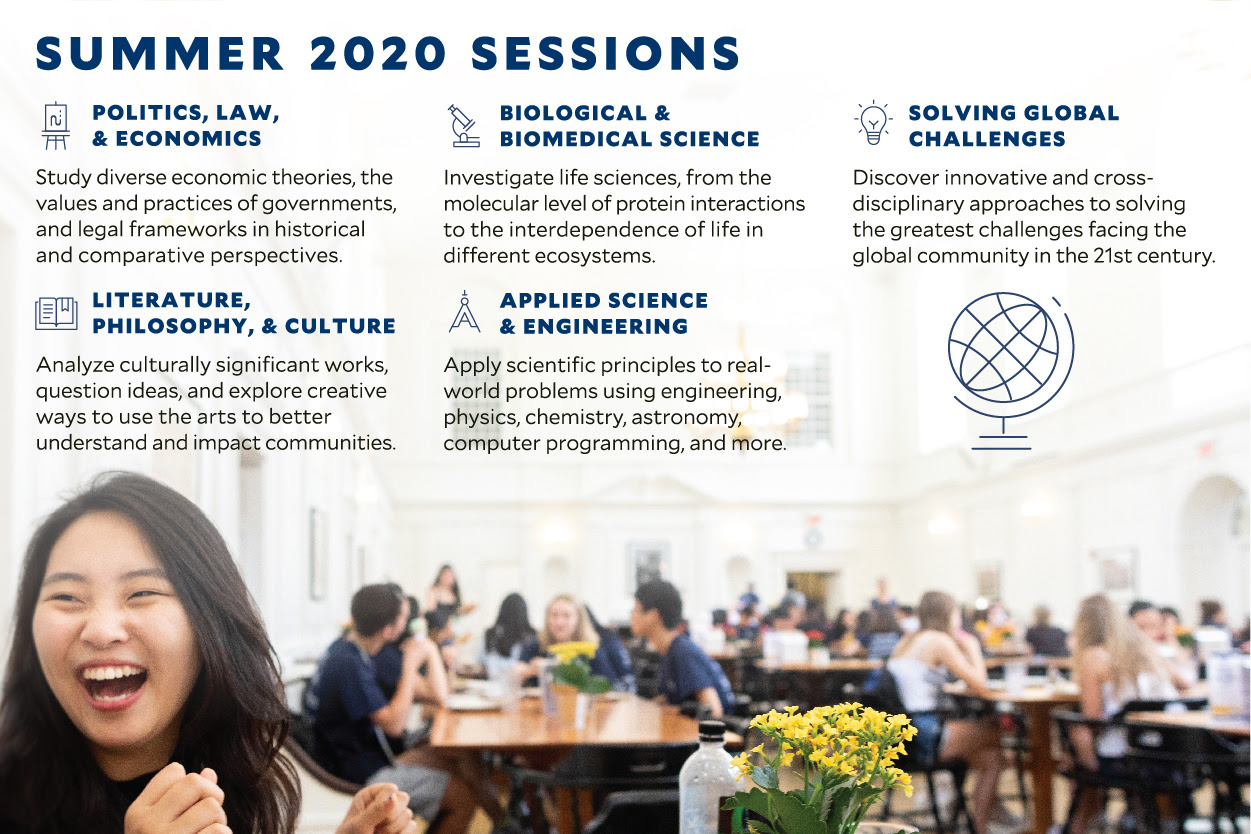 The Yale Young Global Scholars (YYGS) application is now open, and YYGS is now actively recruiting interested students in grades ten and eleven (or the international equivalent) from all around the world.
The Yale Young Global Scholars (YYGS) application is now open, and YYGS is now actively recruiting interested students in grades ten and eleven (or the international equivalent) from all around the world.